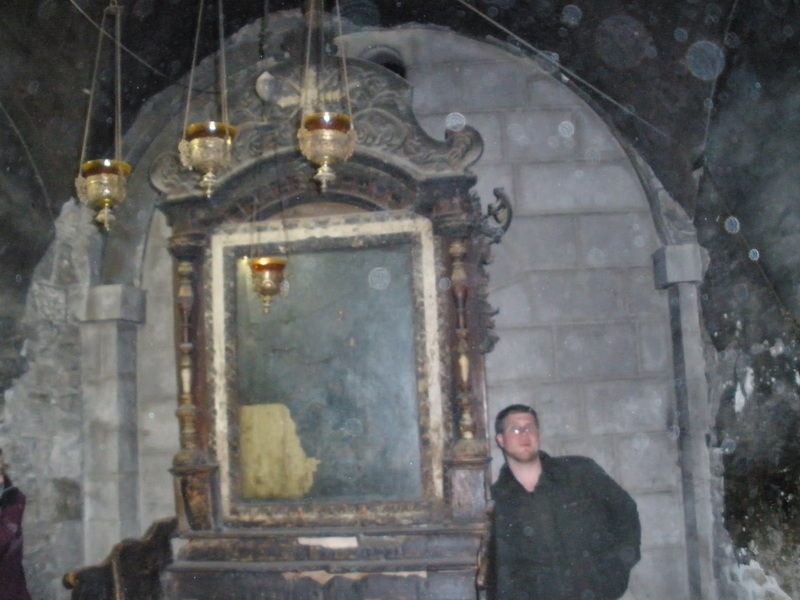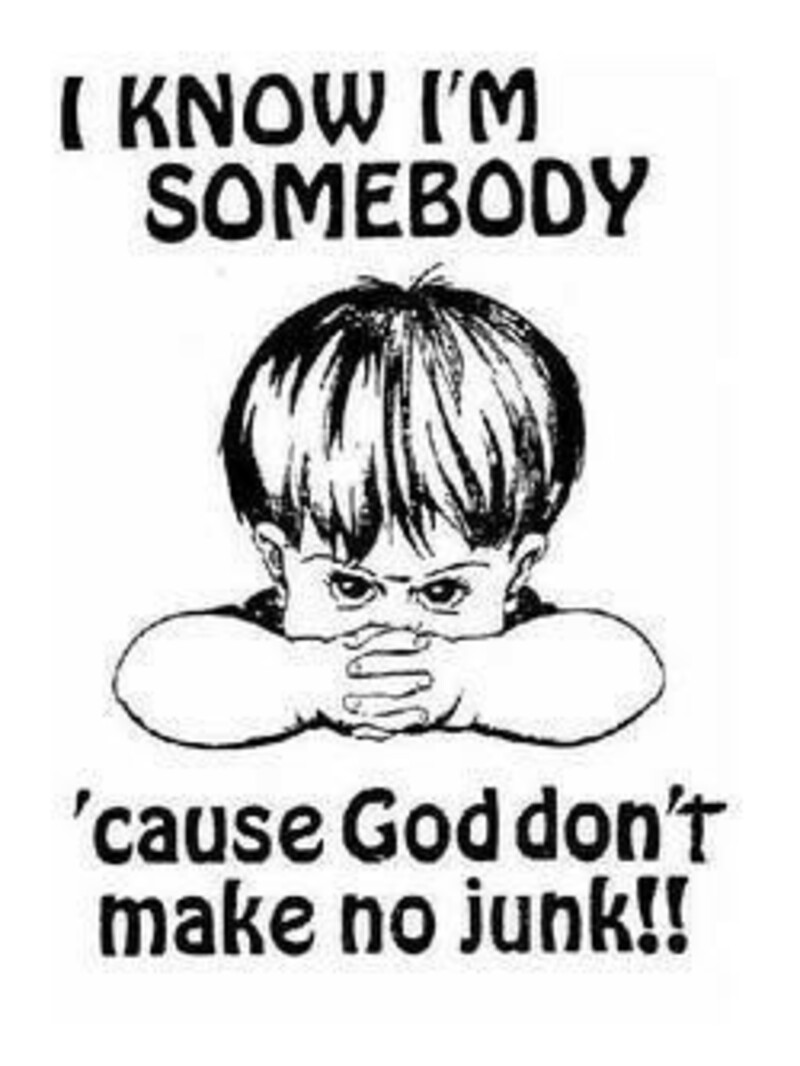

Image 1: Church of the Holy Sepulchre, Chapel of the Syrians. Taken by David Fleener, Jan. 2009
Image 2: "God Don't Make No Junk" poster, retrieved from https://www.linkedin.com/pulse/god-dont-make-junk-dr-hons-kevin-j-osborne/
What you are seeing is a picture of the Chapel of the Syrians at the Church of the Holy Sepulchre in Jerusalem. I took this picture of one of my travel companions in January of 2009. The first impression? It is ugly. Really ugly. It’s dark and ill-maintained. The reason for this is simple. Control of the chapel is disputed by two church bodies. Any investment in the chapel’s upkeep by one church body might be seen as a hostile attempt to take sole control. Because of that, this chapel is the site of a modern miracle: the sole lightbulb illuminating the space never goes out.
Well, not really. Since 1192, a single Muslim family has held the keys to the church, so that one church body can’t just lock the others out. Periodically, after the church closes for the day, that lightbulb will be switched out. Both church bodies are happy, the status quo is upheld, a fight is avoided.
And you thought Lutherans had trouble with change!
The funny thing is that our faith is all about change. It’s all about being made new, formed in the image of Christ, and trained by the Holy Spirit. In our Gospel today, Jesus speaks of us being pruned—of changing—so that we can be more fruitful disciples. But that isn’t unique to the gospels. Abraham and Sarah change by leaving their homeland. Moses is changed by his encounter with God on Horeb one evening while shepherding. Prophets, judges, and kings are likewise changed by their encounters with the living God.
But here’s the thing about change, at least in respect to our salvation. It is something that we are wholly incapable of doing. It’s as impossible for us to save ourselves as it would be to remake an already glazed and fired work of pottery.
There’s a paradox at work here. We like to think we are perfectly free agents. We think that we can do whatever we want. In contrast, we tend to think that God is bound. Remember Pastor Rol’s quatrain from last week? “Freed from the law/ O happy condition / I can sin as I please / and still have remission!” Without thinking about it, we presume on God’s grace. And not just as individuals, but as churches, communities, and nations too.
But God is radically free. And that is the point God through the prophet makes to recalcitrant Judah. Every nation, every tribe, every people, every individual is like clay in the hands of the potter. God can change God’s mind. As we hear in our reading from Jeremiah today, “If that nation turns from its evil, I will change my mind about the disaster I planned to bring upon it….but if it does evil in my sight, not listening to my voice, then I will change my mind about the good I planned to do to it.” We have a case of each in the Old Testament. The first is the city of Nineveh, the capital of Assyria, which destroyed the northern kingdom of Israel in 722 BC. Jonah, sent as the most reluctant prophet in the world, preaches a four-word sermon and gets astounding results! The whole city repents of the evil it has done, and God changes God’s mind about punishing them. In contrast, Jerusalem does not repent. We didn’t include verse 12 in our reading, but it's worth mentioning here: “But they say, ‘It is no use! We will follow our own plans, and each of us will act according to the stubbornness of our evil will.’”
But there is hope beyond destruction. In Judah’s case, the good news comes from the bad news. The gospel follows directly from the application of the law. The truth is that the clay of Jerusalem and Judah will be broken. The Temple will be destroyed. The city will be devastated. While many folks will remain to work the land for their new imperial overlords, others will be deported to a foreign land among people they did not understand. Yet, out of that brutal, painful experience of exile comes the reforging and renewal of God’s people. Much of what makes up our Old Testament was compiled at that time. Literature and art made by the exiles flourished. The identity of the Jewish people is formed, ironically, by their destruction at the hands of Nebuchadnezzar.
And it’s true for us, too. Through our baptism, God breaks the Old Adam and Eve in each of us. And that process is painful. It’s painful, in part, because we have a deficit of imagination. We can’t imagine a life where we are not dominated by our own sinfulness. And if we do imagine it, we think of floating on a cloud somewhere strumming a harp! No, God breaks down the beast in each of us—the sinful self that loves its sin. That loves grudges. That loves to play the victim. That would rather remain mired in the mud of impossibility and helplessness. God breaks the old, hardened clay in us and throws us back on the wheel to be reformed and reshaped into something better. In a lecture on a similar passage in Isaiah, Luther wrote: “So we are in the hand of God, and even though we are evil he thrusts us into the lump, into the Babylonian captivity, until the clay has been worked through better so that it becomes more pleasing. Then it will become a new lump….Summary: Our breaking is done in hope that we shall be shaped anew. Thus in all temptations let us firmly believe that we are not mire of the streets but clay of the potter, God, who will reshape us. We are clay of the potter, not the mire of the streets.”
We are clay of the potter, not mire of the streets. Yes, no matter what we have done, no matter our failures, no matter our intransigence or hardheadedness, we belong to the Potter who made us and continues to shape us. This next picture hung up in my home congregation when I was a kid, and it sums it up: “I know I’m somebody because God don’t make no junk!” And God, in God’s radical freedom, chooses to reshape us in the image of his Son, Jesus Christ. This process takes a lifetime. We trip, we fall, we stumble. We’re captive to our own desires. Yet God does not abandon us to ourselves. God in Christ by their Spirit is always working on us to make us more and more into children of the King, who live not by fear, wrath, or hate, but by mercy, faith, and love. Amen.
© 2025, David M. Fleener. Permission granted to copy and adapt original material herein for non-commercial purposes with appropriate credit given.
